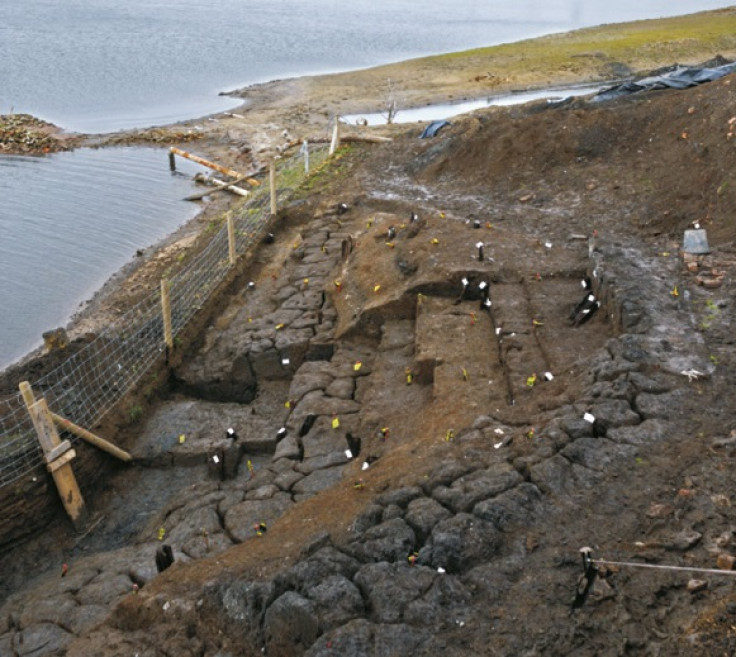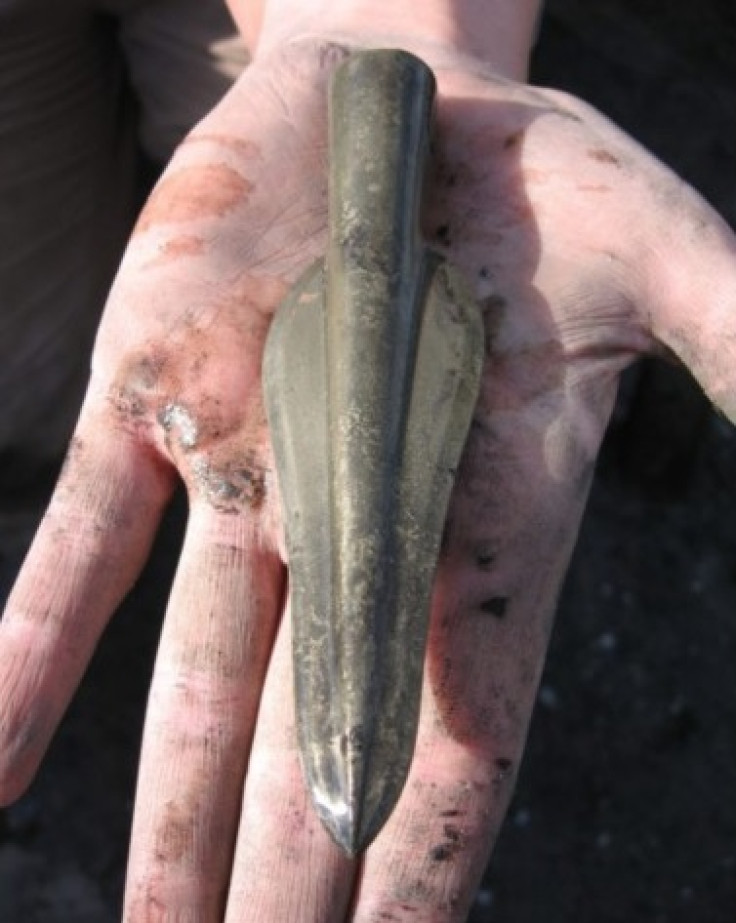British Pompeii: Unique finds at Bronze Age settlement destroyed by fire 3,000 years ago

The UK's 'best preserved Bronze Age dwellings' were discovered in 1999 at Must Farm quarry in Cambridgeshire, dating to back to around 1000BC. The finds have been described as "unique" by David Gibson of the Cambridge Archaeological Unit, who is heading up the excavation.
Two or three circular wooden houses have been unearthed, which were built on stilts and made up a settlement which was destroyed by fire more than 3,000 years ago. It's believed that at some point a blaze tore through the settlement, causing the platform to drop into the river below where the flames were immediately quenched. The roof fell through, covering the contents of the house. It was then preserved when it sank into the Fenland mud.

"We think those living in the settlement were forced to leave everything behind… an extraordinarily rich range of goods and objects are present in the river deposits," said Kasia Gdaniec, senior archaeologist, Cambridgeshire County Council.
The finds are incredibly rare, as most Bronze Age sites have no timber remaining. But at what has been dubbed "Britain's Pompeii", the stilts, roof structure and walls are preserved intact.
One unique item discovered is a "very small, delicate wooden box that is almost complete," according to a BBC report. The contents appear to be preserved inside, and the delicate task of retrieving these is expected to take place next week.
Animal bones and a "fineware" pot has also been found, as well as a "cluster" of fish and bones inside what "could have been the kitchen waste of the time", said Gibson.
The archaeological team is at the beginning of meticulously excavating the house interior, which they say has the "potential for more uncommon household objects including tools, cutlery and even furniture."
The Must Farm project is the first landscape-scale archaeological investigation of deep Fenland, with its complex geological history. The site's exploration of deeply buried deposits is transforming the understanding of prehistoric life.
© Copyright IBTimes 2024. All rights reserved.






